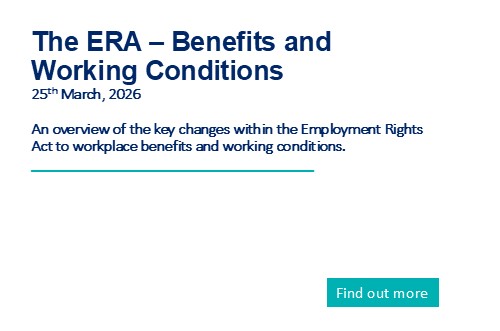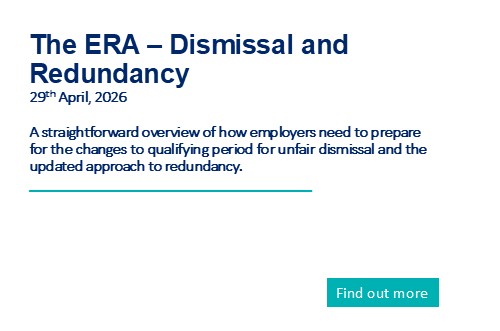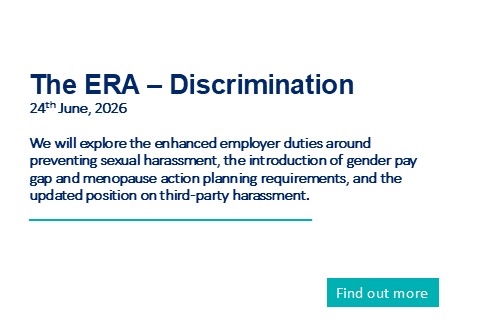- Details
Catch me if you can: Local government blazes a trail in increased SME spending
Juli Lau and Natasha Barlow take readers through the report published by the BCC on procurement spending.
The British Chambers of Commerce published a report on small and medium-sized enterprise (SME) spend in public procurement.
The report shows that SME spending has stagnated, with only 20% of all public procurement spend being with SMEs in 2024, up only 1% from the 2023 spend.
The BCC’s research highlights the important role that local government plays in encouraging SME participation, with 35% of local government spend being with SMEs in 2024.
This is in stark contrast to central government, which spent only 11% with SMEs.
There are high hopes for the ability of the Procurement Act 2023 (PA23) to turn these statistics around.
The PA23 seeks to enhance opportunities for SMEs in public procurement, with a recent government guidance note stating that the PA23 “removes bureaucratic barriers for smaller businesses and VCSEs so they can compete for more contracts”.
The PA23 procurement objectives require contracting authorities to “have regard to” the barriers SMEs may face in participating in procurements, and consider whether these barriers can be removed or reduced.
Driving economic growth and strengthen supply chains by giving SMEs and VCSEs a fair chance at public contracts is listed as one of the priorities in the National Procurement Policy Statement.
Further, the PA23 includes implied payment provisions requiring contracting authorities to pay invoices within 30 days.
This helps put an end to late payments that disproportionately affect small businesses. Once SMEs have a foot in the door, such provisions should help to secure that foothold.
However, the ability of the PA23 to help SMEs break into new areas of public procurement is yet to be seen.
PPN 001 (SME and VCSE procurement spend targets) perhaps goes further in practical terms than the PA23 itself. It requires all central government departments to set a three-year target for direct spend with SMEs and a two-year target for direct spend with VCSEs from 1 April 2025 and 2026 respectively, and to report the results on an annual basis.
Given the BCC’s recent findings, it will be interesting to see the ambition of the targets set by different departments.
Local government may also wish to set such targets to ensure they stay ahead of the curve in SME spend.
The key will be in how to make procurement processes more SME friendly.
There are two key barriers that face SMEs, particularly in larger procurements:
- A lack of resource and capacity to undertake lengthy and complex procurement processes
- Insufficient financial standing to bid for high value contracts
To counteract these challenges, contracting authorities should consider breaking large contracts into lots or smaller requirements.
However, it is acknowledged that this may not always achieve the best result for the authority, which must balance its duty to SMEs with its other duties, including to achieve best value.
Contracting authorities must also seek to strike a balance in the design of their procurement processes, ensuring it is appropriate to the value and complexity of the requirements while not being obstructively convoluted or time-consuming.
The flexibilities granted by the new competitive flexible procedure can be used, for example by using preliminary market engagement to explore any specific barriers faced by SMEs in the proposed design of the procurement, and ensuring during a participation stage that all bidders understand the tendering requirements and do not fall foul due to a lack of familiarity with the process.
The introduction of the PA23 puts the infrastructure in place to allow contracting authorities to increase SME participation and spend.
We await the publication of central government targets for SME spend, due to be issued in the next few weeks, and whether they follow the lead taken by local government.
Meanwhile, all contracting authorities can consider how to practically encourage SME participation in procurements to satisfy the PA23 objectives, and SMEs can in turn keep an eye on the new Pipeline Notices required to be published at the end of this month to gain an insight of the opportunities coming up in the next year.
If you would like guidance on PA23 – whether as a member of a local authority, central government or SME owner looking to break into the public sector – please speak to our leading procurement solicitors for the latest advice.
Juli Lau is a Partner and Natasha Barlow is an Associate at Sharpe Pritchard LLP.
For further insight and resources on local government legal issues from Sharpe Pritchard, please visit the SharpeEdge page by clicking on the banner below.
This article is for general awareness only and does not constitute legal or professional advice. The law may have changed since this page was first published. If you would like further advice and assistance in relation to any issue raised in this article, please contact us by telephone or email
|
Click here to view our archived articles or search below.
|
|
ABOUT SHARPE PRITCHARD
We are a national firm of public law specialists, serving local authorities, other public sector organisations and registered social landlords, as well as commercial clients and the third sector. Our team advises on a wide range of public law matters, spanning electoral law, procurement, construction, infrastructure, data protection and information law, planning and dispute resolution, to name a few key specialisms. All public sector organisations have a route to instruct us through the various frameworks we are appointed to. To find out more about our services, please click here.
|
|
OUR RECENT ARTICLES
February 24, 2026
2026 in construction: a look aheadMichael Comba and Rachel Murray-Smith provide a summary of the key points of interest in the upcoming year in the construction sector, predicting what will shape the future of this area.
February 18, 2026
Heat Network Zoning: What the Government’s 2026 Response Means for Local AuthoritiesTom Knox analyses the government's reply to the consultation on heat network zoning and shares the main takeaways for the impact it will have.
February 18, 2026
A National Security Assessment: Biodiversity Loss and Ecosystem Collapse – Implications for Infrastructure and EnergyBridget Newman talks readers through the recent National Security Assessment on Global Biodiversity Loss, Ecosystem Collapse and National Security, explaining what it means for infrastructure, energy and long-term investment planning.
February 09, 2026
Another bite at the cherry? New application issued in the CAT challenges subsidies proposed by Durham County CouncilBeatrice Wood and Shyann Sheehy provide an insight into a new challenge in the Competition Appeal Tribunal to proposed subsidies to be put in place by Durham County Council.
|
|
OUR KEY LOCAL GOVERNMENT CONTACTS
|
||
|
Partner 020 7406 4600 Find out more |
||
|
Partner 020 7406 4600 Find out more |
||
|
Rachel Murray-Smith Partner 020 7406 4600 Find out more |










 Catherine Newman
Catherine Newman
